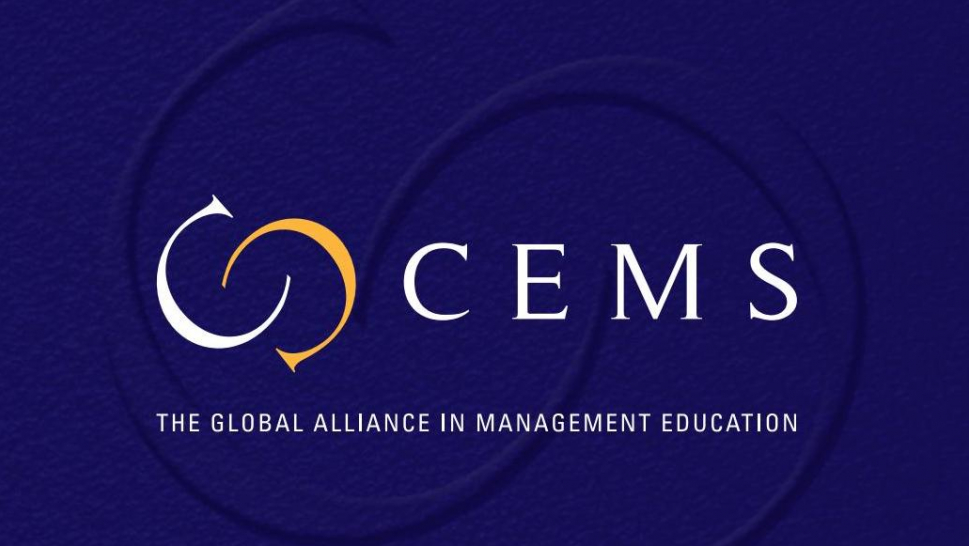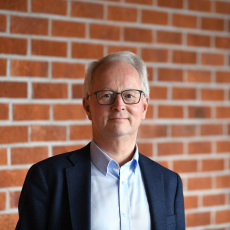1. Could you briefly describe the learning objectives of this course?
- Building up a common understanding and a consistent wording for leadership
- Teaching of state-of-the-art leadership and firsthand research results
- Learning from high-performance teams in sports
- Reflection about you as a potential future leader
- Start of a development process to the leader you want to become
2. How is this course structured to achieve these objectives? What are some special teaching/learning methods exercised?
The course is a mixture of theory and practice. There is theoretical input by Prof. Jenewein, coupled with high profile speakers from the business world sharing their leadership experience with students, including several CEOs, as well as coaching on giving inspirational speeches by one of the best rhetoric coaches in the German-speaking area. Students are also exposed to input from extreme athlete - leadership in adverse situations (rower, who crossed the Atlantic with a team ) coupled with experiential learning - live training on how to become a good leader in practical exercises in which students assumed leadership roles.
3. What are the learning outcomes of this course? How is it measured/observed?
The main learning objective is to get students to consider “Do I want to become a leader and if yes what kind of leader do I want to become“. It is not so much about telling the students what to do to be a good leader but to let them discover what kind of leader they are and want to be. At the end of the week, some skills are tested, such as inspiring others, but the true test of the successfulness comes when applied once students started their future careers.
4. How will this course contribute to future endeavors of CEMS students?
Hopefully, this was a course in which the students not only learned theories but really built a connection between themselves and the theory. They might have discovered more of their true selves such as their visions and values and with that have laid the foundation for becoming a great leader.
5. What are some remarkable stories/moments from this year’s classes?
· Final presentation: leadership skills of Donald Trump were analyzed in a reenacted interview between Prof. Weinjene (played by a student) and the trump staff (also played by students)
· Collage exercise: During breakfast students were reflecting about their visions and values and illustrated those reflections in a collage
· Action Learning: Leadership behavior of students evolved during the action learning within just a few different exercises. All groups improved massively over a sequence of tasks. Decisive for that was the feedback the leader of every group received after the whole group had completed a task under his/her supervision.
6. Within the classroom and beyond, what makes CEMS students unique?
Their openness for unconventional methods, as well as their interest and curiosity in experiences of guest speakers, made them really stand out. They were also very creative in their final presentations and generated a great team spirit and sense of belongingness. I was also very impressed with the aspiration of every single student




